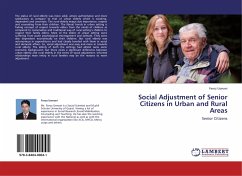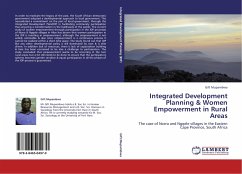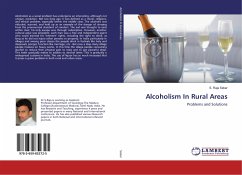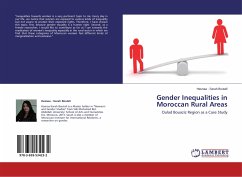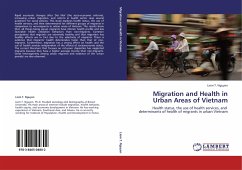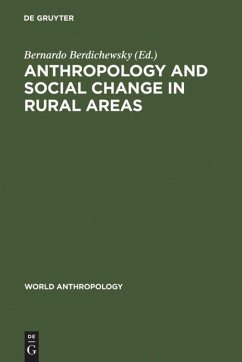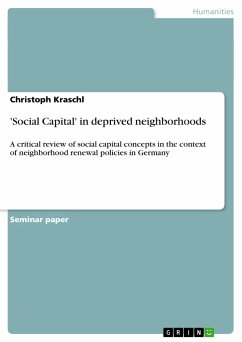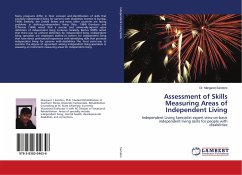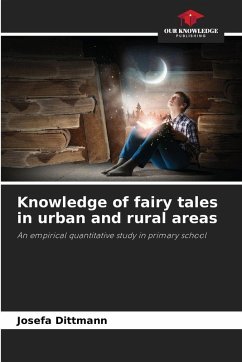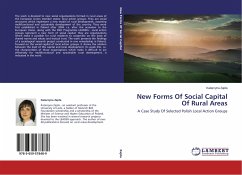
New Forms Of Social Capital Of Rural Areas
A Case Study Of Selected Polish Local Action Groups
Versandkostenfrei!
Versandfertig in 6-10 Tagen
22,99 €
inkl. MwSt.

PAYBACK Punkte
11 °P sammeln!
The work is devoted to new social organizations formed in rural areas of the European Union member states: local action groups. They are social structures which implement a new model of rural development, assuming multifunctional and sustainable development of the country. They were first established in Poland after 2004, i.e. after the accession to the European Union, along with the Pilot Programme LEADER+. Local action groups represent a new form of social capital: they are organizations which make it possible for rural residents to cooperate on the basis of shared norms and values and mutua...
The work is devoted to new social organizations formed in rural areas of the European Union member states: local action groups. They are social structures which implement a new model of rural development, assuming multifunctional and sustainable development of the country. They were first established in Poland after 2004, i.e. after the accession to the European Union, along with the Pilot Programme LEADER+. Local action groups represent a new form of social capital: they are organizations which make it possible for rural residents to cooperate on the basis of shared norms and values and mutual trust. The work presents the findings of a sociological research project conducted in one voivodeship in Poland, focused on the social capital of local action groups. It shows the relation between the level of this capital and local development. Its weak link, i.e. the characteristics of those organizations which make it difficult to act effectively for multifunctional and sustainable rural development, is indicated in the work.



